-
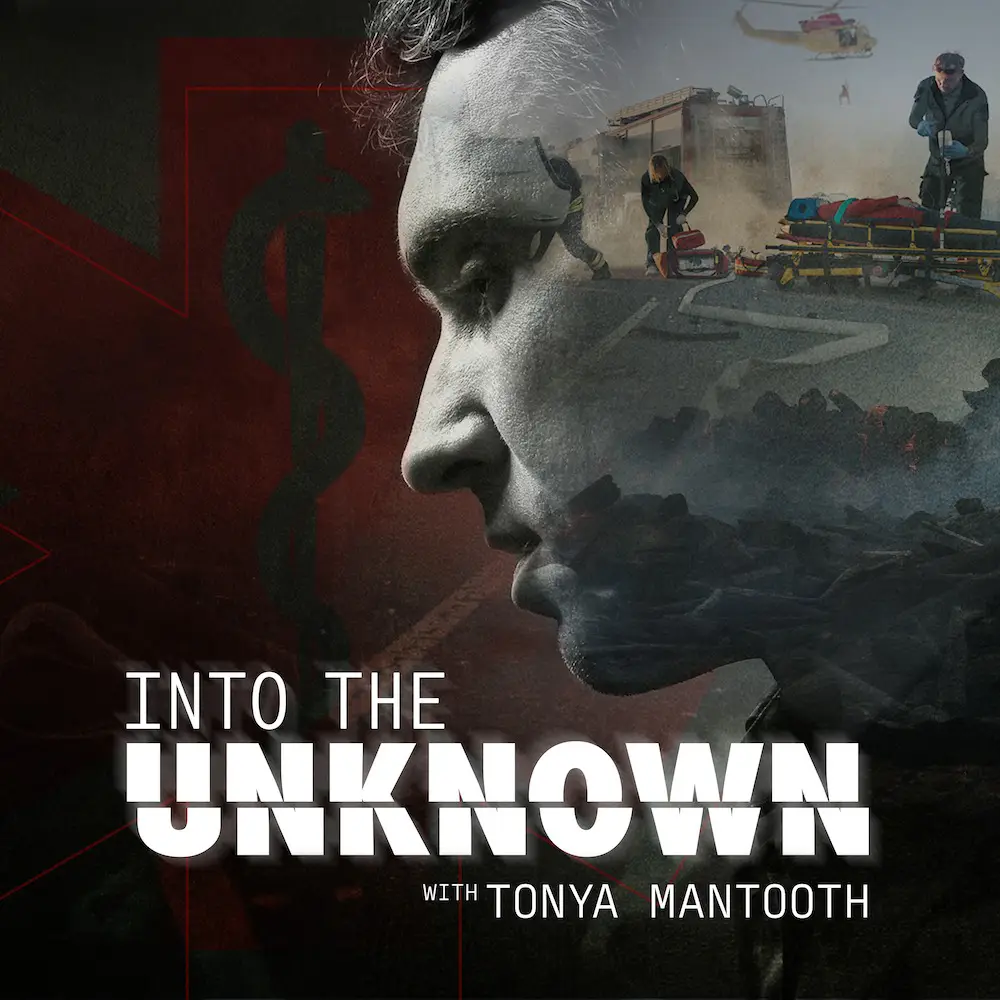
Star of Hit 1970s Show ‘Emergency!’ Discusses New Documentary on Paramedic Challenges Today on ‘Into the Unknown’ Podcast
“Into the Unknown: The Paramedic’s Journey” is a documentary created by Randy Mantooth, star of “Emergency!” a TV show that changed the landscape of EMS in the United States. -
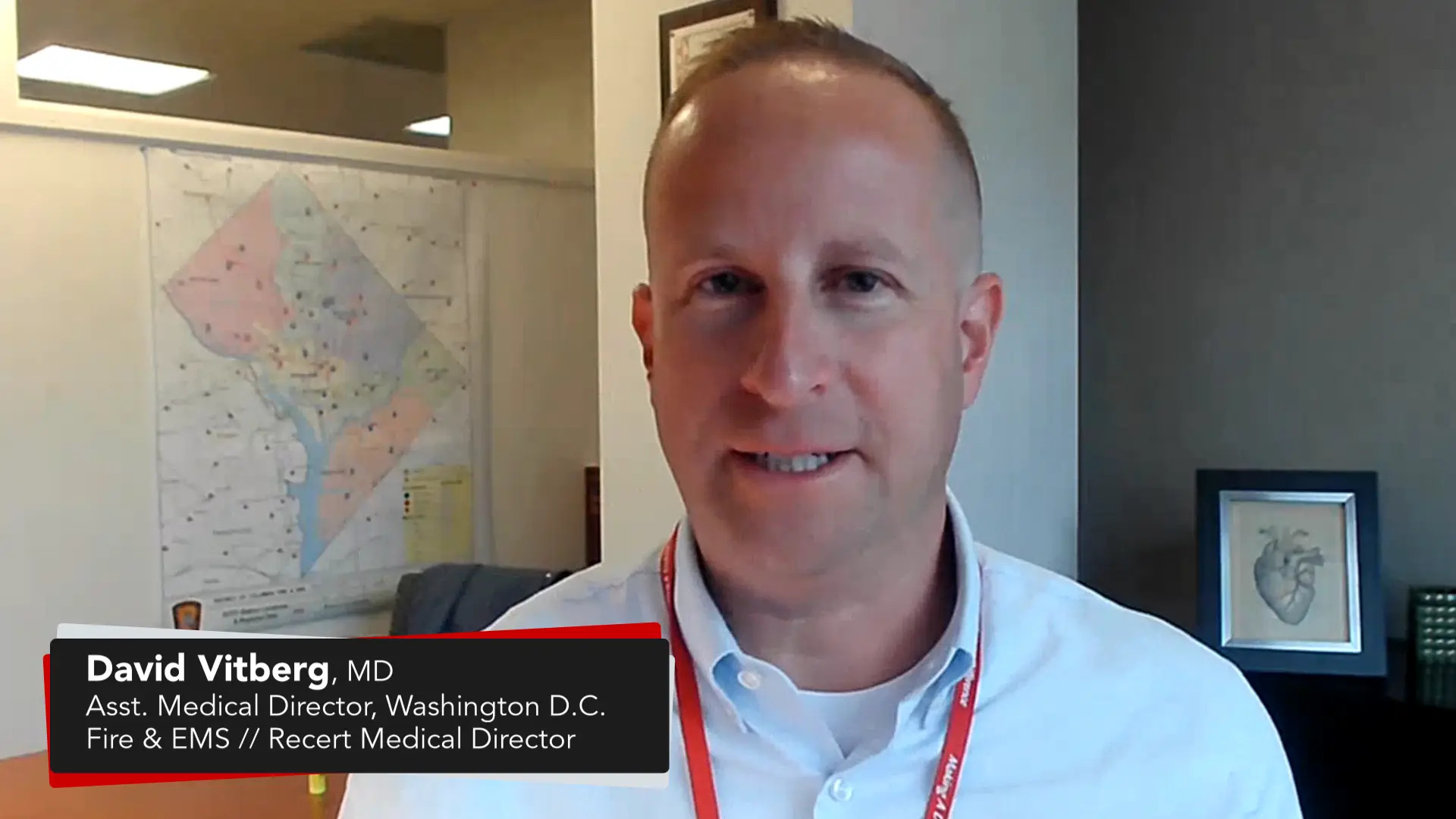
Medical Director Discusses the Importance of Evidence-Based Content for EMS Recertification
Evidence-based medicine uses the scientific method to organize and apply current data to improve health care decisions. Despite its ubiquitous usage in health care, it is relatively new to prehospital care. Is it time for a change? -
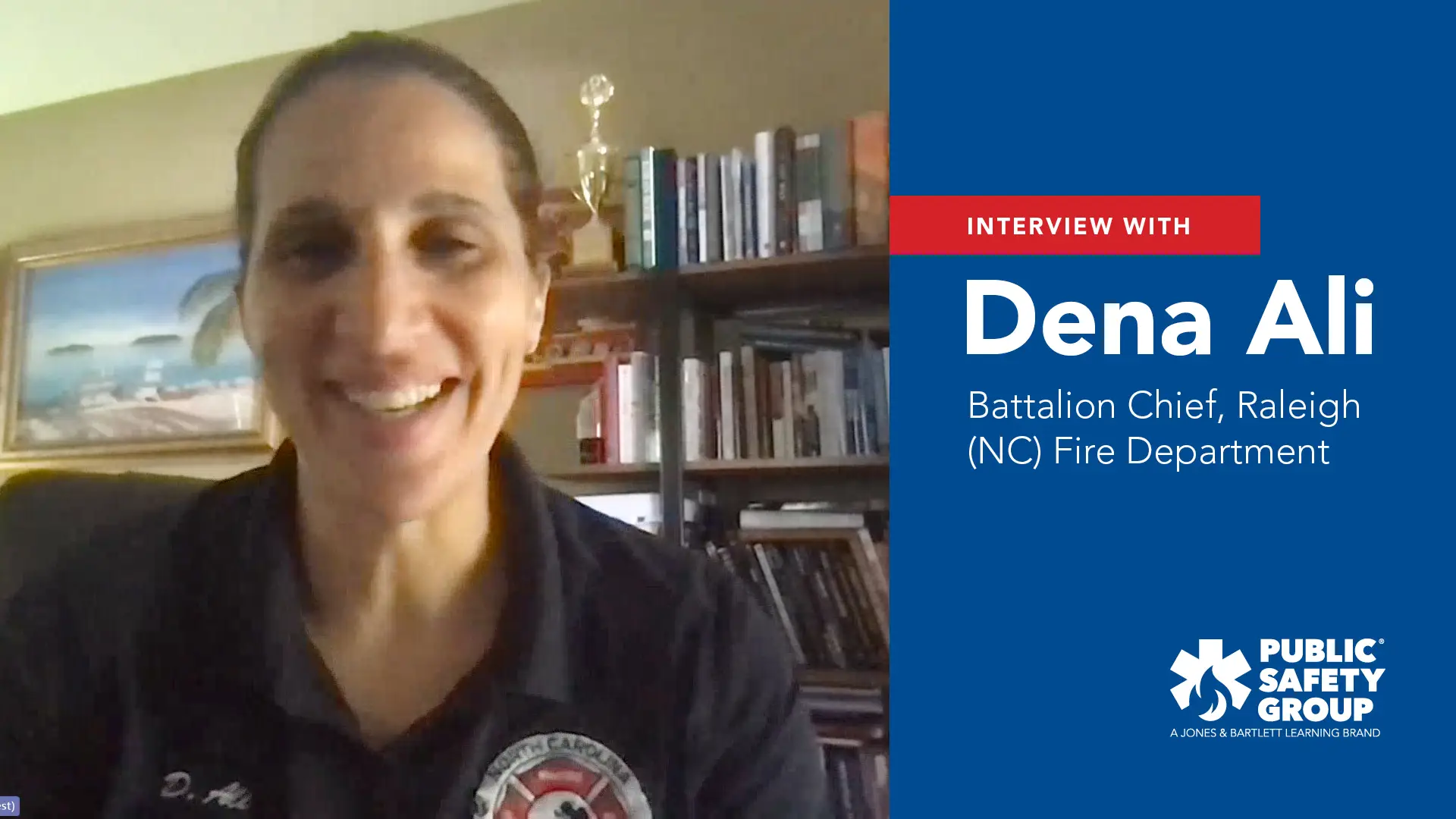
Expert on Suicide Prevention in the Fire Service: ‘Hope is Truly the Antidote’
Dena Ali, a leading voice on suicide prevention in the fire service, says the conversation should be reframed to include individuals who have struggled with mental health and found a path to recovery. -
.webp?sfvrsn=1df75ef0_3)
Tips for Teaching Pediatric Care in EMS: ‘Listen, Be Honest With Patients, and Look Out for Your Peers’
Pediatric care expert Mike McEvoy discusses the best approaches to teaching first responders how to care for sick or injured children in the field. -

EMS Recertification: Why CAPCE-Approved Courses Are Essential for Online Continuing Education
Considering online continuing education (CE) for EMS training? Read on to learn why CAPCE credit, or credit from the Commission on Accreditation for Pre-Hospital Continuing Education, is essential to continuing education, and the integral part it plays in online training with Recert. -

In Emergency Medical Services, Continuing Education Should Occur Year-Round
Yes, recertification is time-consuming, stressful, and mandatory. But there are reasons to take continuing education courses as an EMS professional after you've achieved your recertification. -
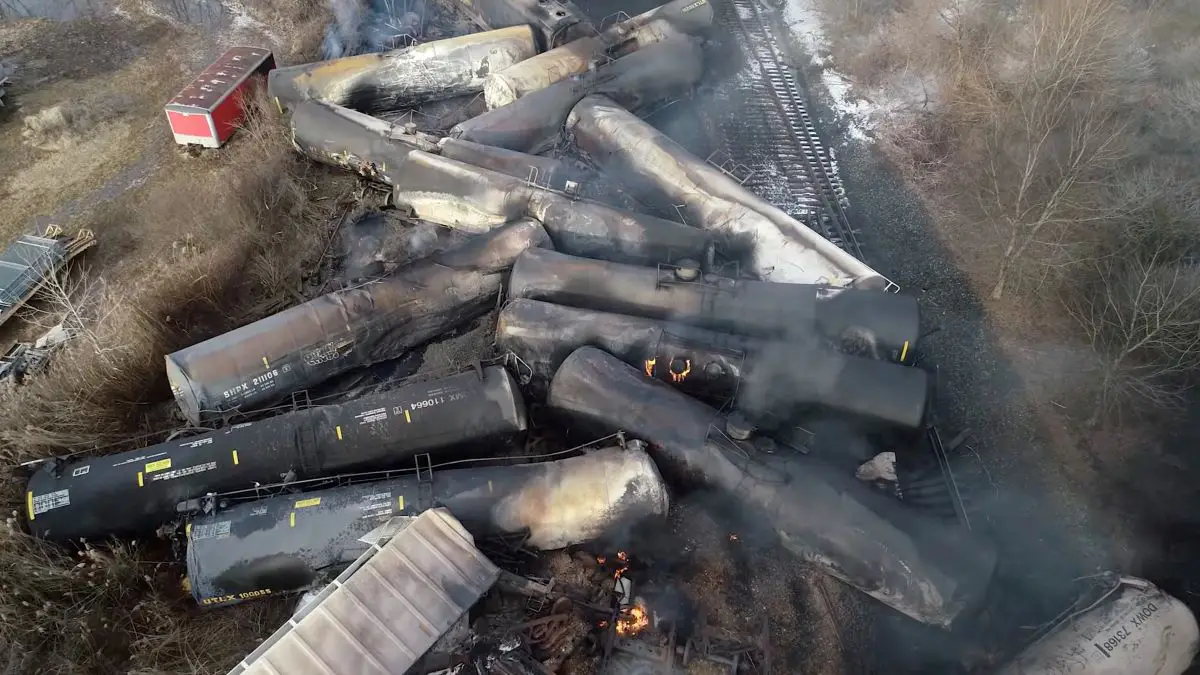
Ohio Train Derailment Draws National Attention to the Challenges of Hazmat Emergency Response
On-scene response operations at hazmat emergencies must be based on a structured and standardized system of protocols and procedures. Learn the Eight-Step Process. -
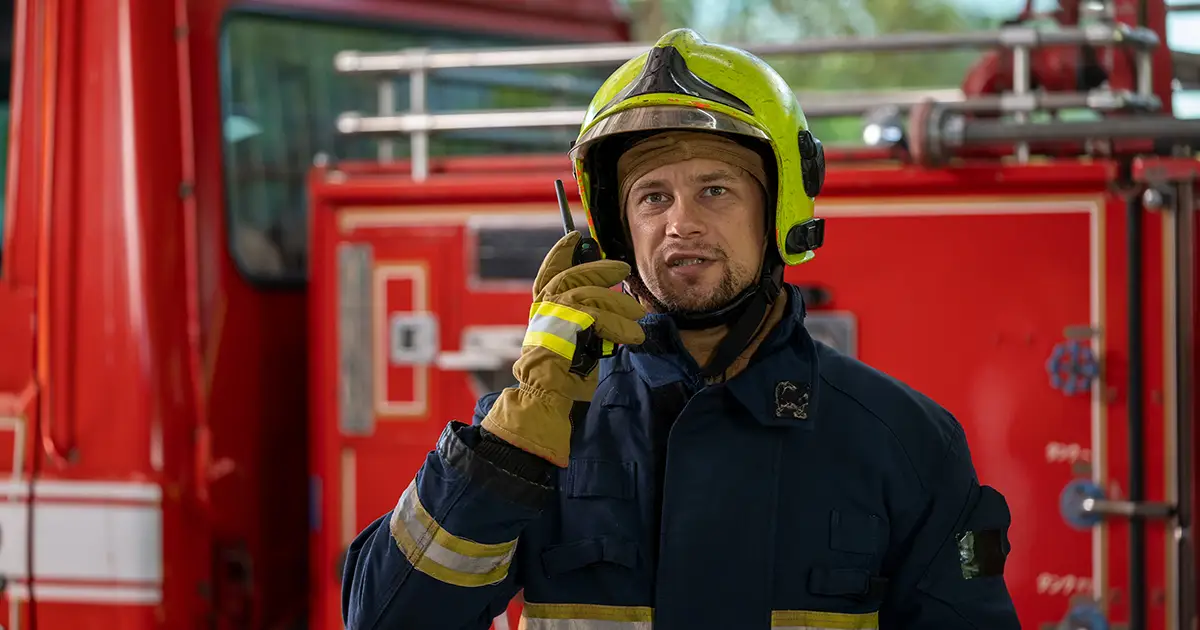
Here’s What Matters Most in Firefighter Training According to ChatGPT
Can the popular AI chatbot influence the way firefighters are trained? You be the judge. -

‘EMS Professionals Are Not Robots’ — An Interview with an EMT-Turned-Therapist on the Importance of Teaching Mental Health
Therapist Kelly Lynch discusses the need to address this critical topic through further investment, more resources and culture change. -
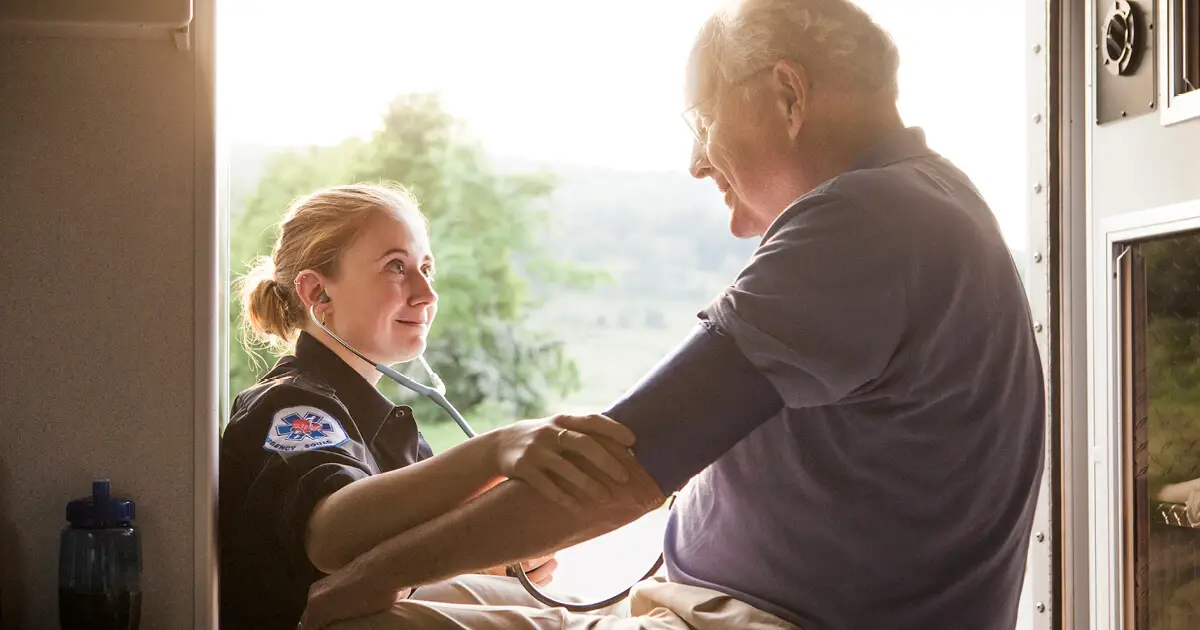
The Case for Better Geriatric Patient Care Training for EMTs and Paramedics
Geriatric patients rely more heavily on emergency medical services than any other demographic, yet geriatric care is not emphasized in training. Should it be?
-
Customer Spotlight Q&A: Jason Marquez, EMT-P President and CEO, First Response Training Group Orlando, Florida
Jason Marquez, EMT-P, President and CEO, First Response Training Group Orlando, Florida, talks about his experience using the Emergency Care and Transportation of the Sick and Injured, Twelfth Edition and Nancy Caroline’s Emergency Care in the Streets, Ninth Edition.Full story
-
ECSI Tutorial Series (3): How to Create and Submit a Course Roster
Hey there, ECSI Education Center coordinators and instructors! Do you know how to issue your course completion cards? Let's find out!Full story
-
Fisdap Instructor Tutorial: How do I view which preceptors have completed the training?
To see a list of who's completed the training, go to the orange Reports tab and click on the Accreditation link.Full story
-
Medical Director Discusses the Importance of Evidence-Based Content for EMS Recertification
Evidence-based medicine uses the scientific method to organize and apply current data to improve health care decisions. Despite its ubiquitous usage in health care, it is relatively new to prehospital care. Is it time for a change?Full story